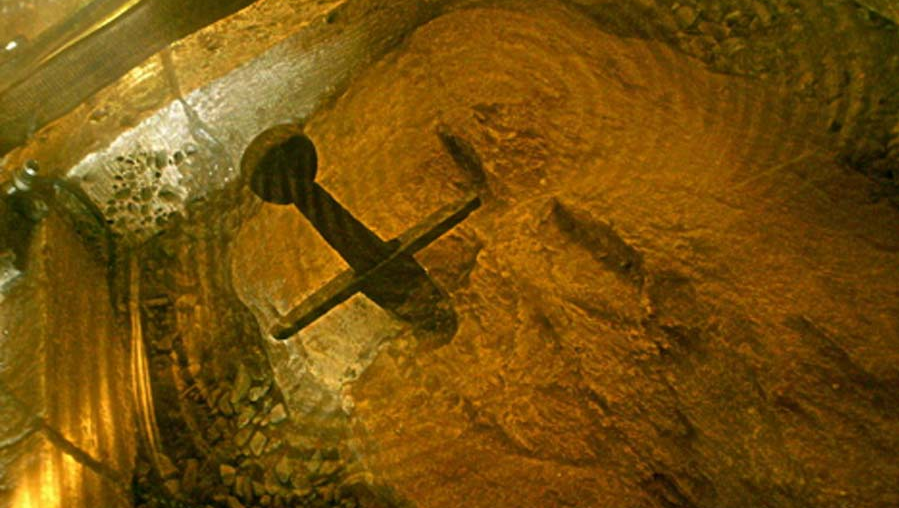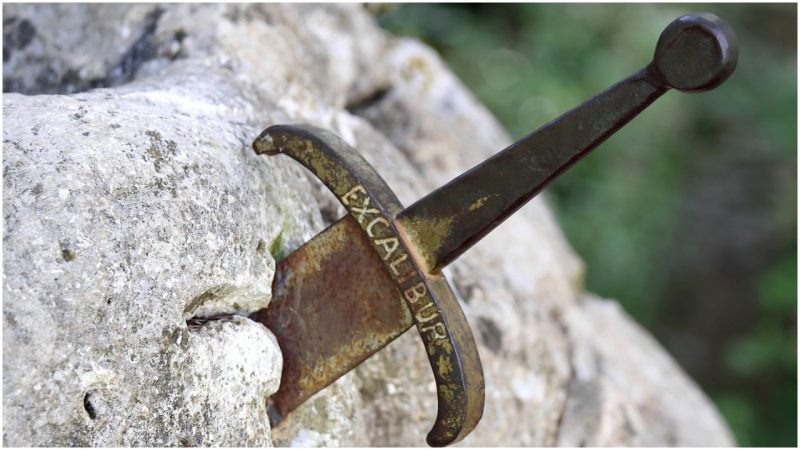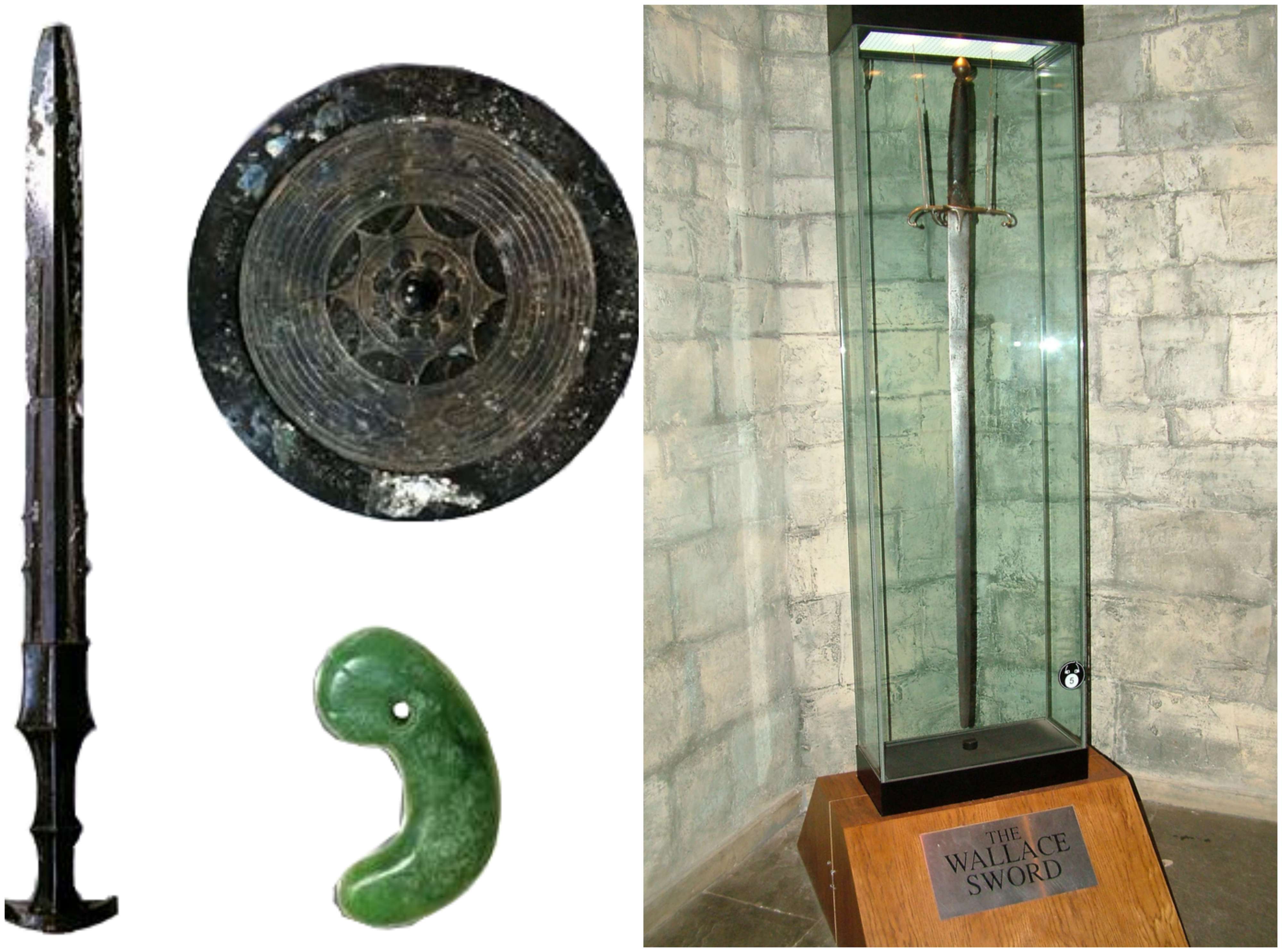The discovery of 1500-year-old ruins at Tintagel in south-west England made headlines around the world. What appear to the be the walls of a Dark Age palace have been found in the exact place, and dating to the very time, King Arthur is said to have been born.
During the 1130’s the British cleric Geoffrey of Monmouth wrote The History of the Kings of Britain , in which he tells us that Arthur was born in a castle on windswept, coastal cliffs just outside the village of Tintagel in the English county of Cornwall. According to the account, Arthur’s father to be, Uther Pendragon, falls for Igraine, the duchess of Cornwall, and Merlin makes him a magic potion to transform him into the likeness of her husband so the couple can make love in her residence at Tintagel. The plan works but with an unplanned consequence: the baby Arthur is conceived.
Historical King Arthur
Although such outlandish tales leave historians skeptical concerning the likely historical existence of King Arthur , there were earlier accounts, such as the History of the Britons by a British monk named Nennius dating from 830 AD, that portray Arthur in a more pragmatic and historical context. Arthur was, we are told, a powerful warrior who united the native Britons in their struggle against the invading Anglo-Saxons around the year 500.
The Romans had ruled Britain for four centuries, and when they left in the fifth century the country fragmented into separate, feuding kingdoms, allowing the Anglo-Saxons to invade from their homeland in Germany.
Rafale vs. F-35 – A comparison (video)
Russian Navy Commander stole two 13-Ton bronze propellers from his own Destroyer!
From both archaeological discoveries and the few historical records that survive concerning the period, we know that the enemy was initially unstoppable, overrunning half the country. Then, in the 490s, something changed; the Britons mounted a massive counter-offensive and pushed the Anglo-Saxons back to the east. This abrupt change of affairs very much implies the emergence of a powerful, unifying British leader. The problem is that his or her name is not found in any contemporary text or inscription. The turmoil of the post-Roman era resulted in few written records surviving from the period.
Read more: ancient-origins




































